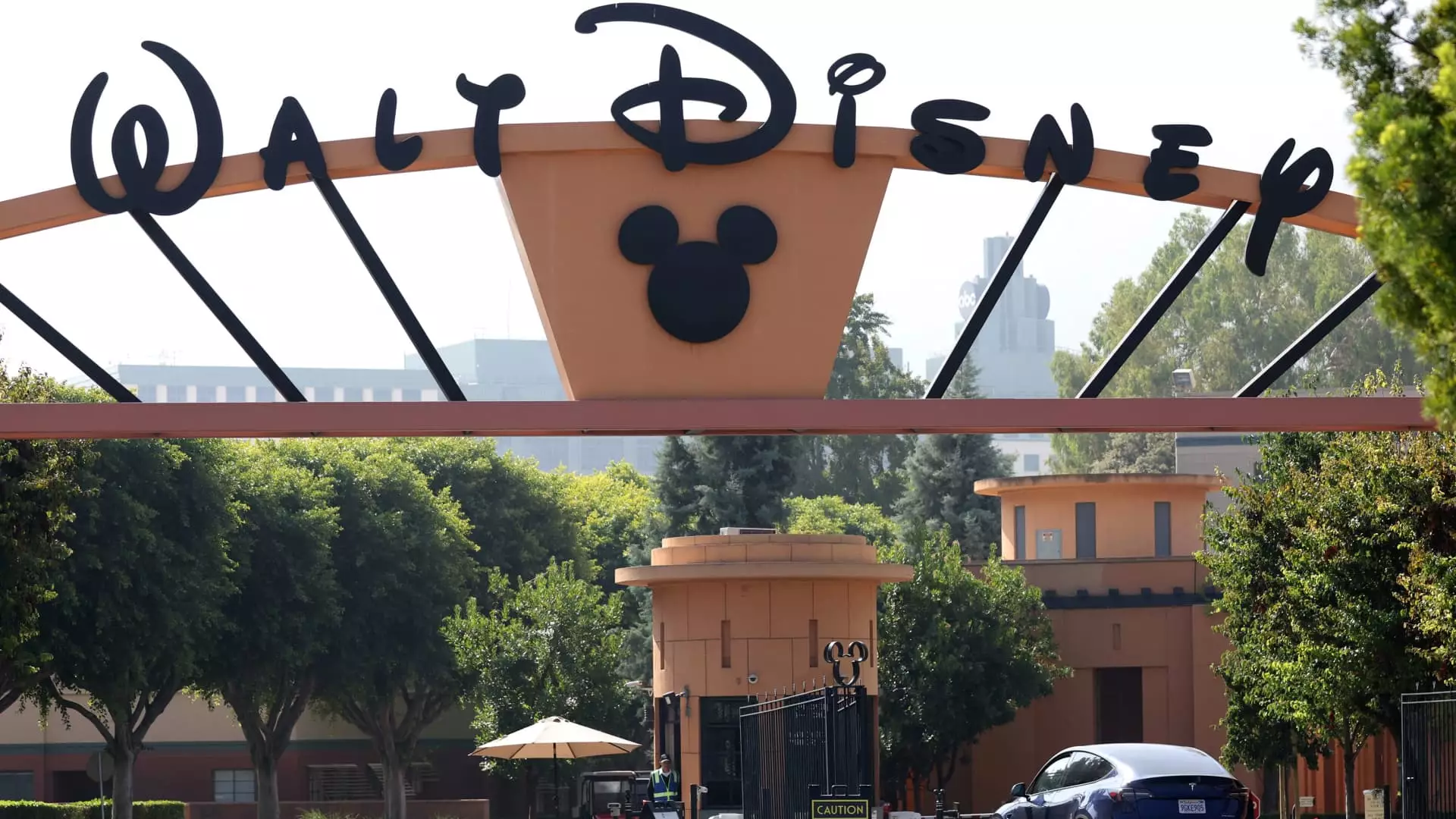The Federal Communications Commission (FCC) has embarked on a controversial investigation targeting none other than the Walt Disney Company and its ABC division. The authority, known for its role in regulating the telecommunications landscape, has posed questions about Disney’s commitment to diversity, equity, and inclusion (DEI). This move, initiated by FCC Chairman Brendan Carr, is not merely a bureaucratic shuffle—it’s a critical examination on how corporate giants like Disney might wield DEI initiatives in ways that could ironically contradict the very principles they espouse.
As the FCC’s doors swing open on this inquiry, it begs the question: What does it mean for corporate America when institutions that are supposed to drive progress are scrutinized for potentially engaging in discriminatory practices disguised as inclusivity? This is a wake-up call that should have everyone in the business world on high alert.
The Politics Behind the Probe
What’s glaringly apparent, however, is the political backdrop of this investigation. Following an executive order signed by former President Donald Trump, aimed at curtailing DEI practices in U.S. corporations, one can’t help but wonder about the motivations behind the FCC’s actions. The letter sent to Disney CEO Bob Iger, citing the need to “ensure that Disney and ABC are not violating FCC equal employment opportunity regulations,” rings with the echoes of partisan politics. It raises disturbing implications about how government scrutiny can be weaponized to enforce political ideologies in corporate spheres.
The chilling effect this inquiry could have on other companies considering similar initiatives cannot be understated. As corporate America grapples with the complexities of inclusivity, those squarely in the center of the DEI debate are left to ponder: is the risk of reprimand by governmental bodies worth the attempt to foster a more equitable workplace? For many, it could induce an immediate freeze on progressive efforts.
The Larger Implications of Corporate Scrutiny
Disney’s fate is a potent symbol of the larger battle over workplace culture in contemporary America. For decades, corporations have been seen as financial powerhouses tasked with creating jobs and steering economic growth. Yet, as societal expectations evolve, so too must corporate responsibility. The FCC inquiry into Disney’s DEI initiatives not only challenges them but also serves as a stern reminder that corporate leaders must navigate these waters with heightened caution.
What makes this investigation alarming is that it complicates the narrative surrounding DEI. These initiatives, which aim to eliminate inequities in hiring and workplace culture, now find themselves under the investigative microscope. They face the peril of being dismissed as mere performative acts rather than integral components to forging a responsible and forward-thinking business model. The dialogue surrounding inclusivity risks devolving into a contentious battleground where progress may be impeded under the guise of compliance.
Future of DEI in Corporate America
As the dust begins to settle on this PR storm surrounding Disney, it raises further questions about the future of DEI efforts in corporate America and how they will align with federal scrutiny. Will companies scale back their initiatives for fear of backlash or potential investigations? The stakes have never been higher, and the outcome of the FCC’s inquiry could fundamentally reshape corporate engagement with DEI.
In the end, the critical examination into Disney’s practices may well be the tip of the iceberg. It instills a sense of urgency for corporations to genuinely evaluate their commitment to inclusivity while also preparing to counterpotential backlash from governmental agencies. Without careful navigation, the dream of an equitable corporate landscape could veer dangerously close to a nightmarish reality where true progress is sacrificed on the altar of political expediency.

